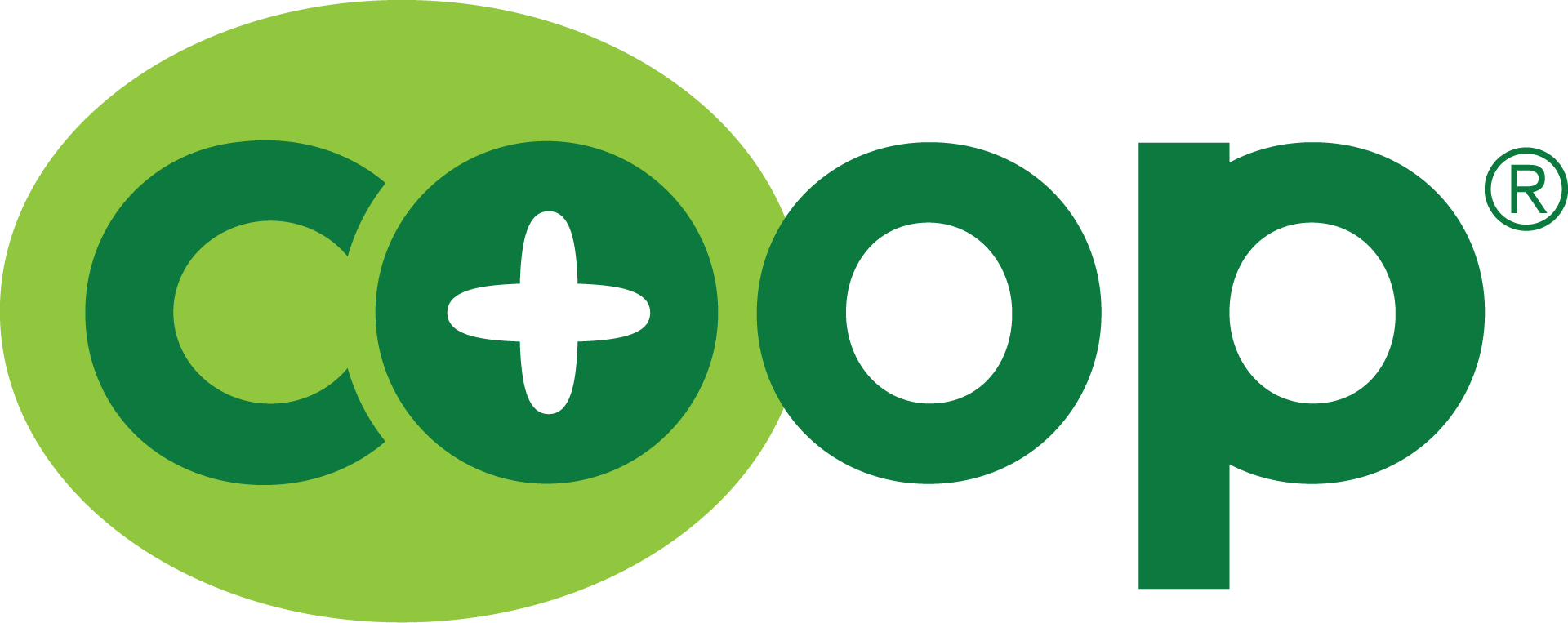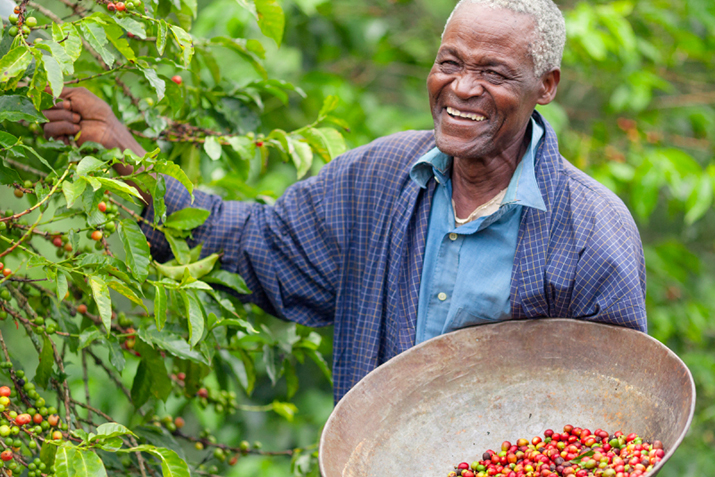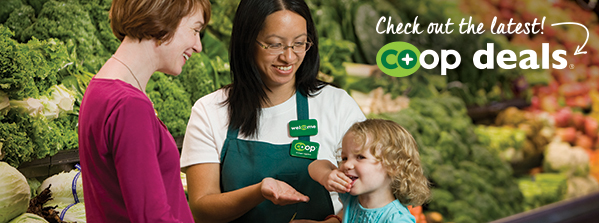Article
A Sign of Community-Building: Co-op Features Ojibwe Language

Not long ago, a woman walked into Harmony Natural Foods Co-op in Bemidji, Minn., and asked where to find manoomin. Without skipping a beat, the co-op employee led the customer to the wild rice. “Oh my gosh, I meant to say ‘wild rice!’” the customer exclaimed. The employee told her he was happy to help — he knew exactly what she meant and was pleased to be able to show her the bilingual labels featuring Ojibwe names next to many of the indigenous foods available at the co-op.
Harmony Natural Foods Co-op launched an expansion of the Ojibwe Language Project in November 2018 in order to better reflect the community they serve. They started by labeling indigenous foods with their Ojibwe names and are continuing to add resources to recognize the Ojibwe people and culture in their community. As a locally owned cooperative, they wanted to celebrate the history and continuing importance of the diverse cultures that have shaped them as a community, particularly through the local food system, sustainable living practices and respect for the land.
The Ojibwe Language Project began in 2005 as an initiative that asked schools, city offices and businesses to post bilingual signs. Bemidji is located near three reservations, Leech Lake, Red Lake and White Earth, where a significant number of Ojibwe people live. The project is part of a broader effort to preserve the language spoken by an estimated 60,000 people across areas of the northern United States and into Canada, as well as an attempt to bridge cultural divides between native and non-native Americans.
At many stores and businesses throughout Bemidji, signs with boozhoo and miigwech, the Ojibwe words for welcome and thank you, can be found. Harmony Natural Foods wanted to do more. Naagaanwewidang, a produce worker at the store, suggested that the co-op should take the Objibwe Language Project further and incorporate Ojibwe words into signage throughout the store and into the everyday interactions staff have with shoppers. The hope is that by putting the Ojibwe language and culture in an everyday setting, they will help sustain it.
 Today the Harmony Natural Foods Co-op celebrates the Ojibwe people and the foods that have become part of our shared everyday lives, such as potatoes, beans, corn, peanuts, pumpkins, tomatoes, squash, peppers, nuts, melons and sunflower seeds, with labels that feature their Ojibwe names. Community Longtime Harmony owner and indigenous activist Simone Senogles donated the colorful artwork, based on motifs drawn from traditional Ojibwe beading she created, that can be found in the sign borders throughout the store.
Today the Harmony Natural Foods Co-op celebrates the Ojibwe people and the foods that have become part of our shared everyday lives, such as potatoes, beans, corn, peanuts, pumpkins, tomatoes, squash, peppers, nuts, melons and sunflower seeds, with labels that feature their Ojibwe names. Community Longtime Harmony owner and indigenous activist Simone Senogles donated the colorful artwork, based on motifs drawn from traditional Ojibwe beading she created, that can be found in the sign borders throughout the store.
The co-op includes Native American communities and cultures in ways beyond signage. They offer local products from Native American-owned and -operated businesses, such as Native Harvest, Red Lake Nation Foods and the Gitigaanike Garden. Staff highlight American Indian recipes and, through staff training, they learn the correct pronunciation of the Ojibwemowin (Ojibwe language) that appears on signage.
The expansion of the Ojibwe Language Project is an example of how Harmony Natural Foods, and food co-ops nationwide, embrace and reflect their local communities. The community has expressed appreciation for the co-op’s work through interactions with the staff and sharing on social media. The co-op plans to continue developing additional ways to integrate all the cultures represented in Bemidji in the store.













